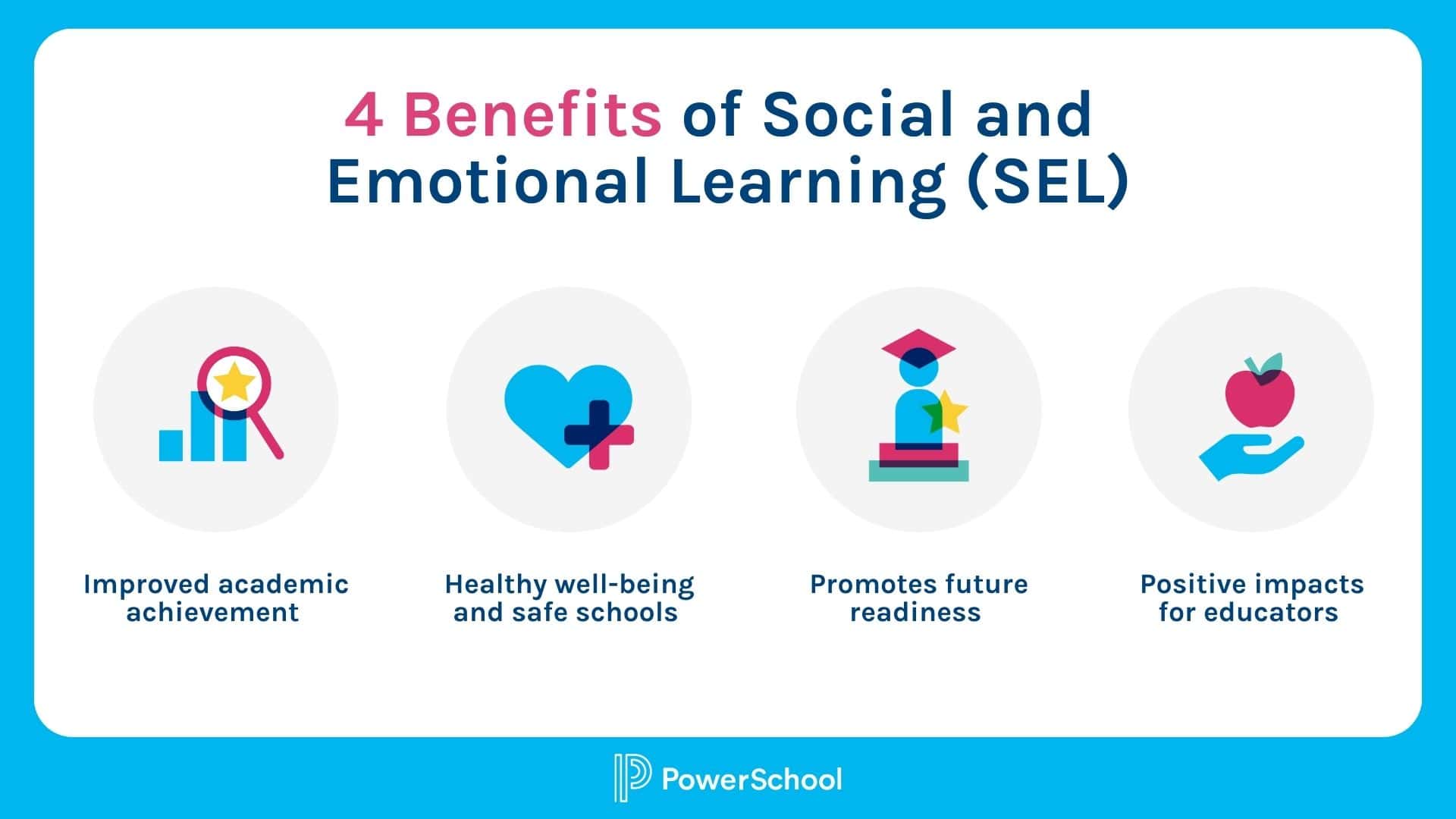The Benefits of Social and Emotional Learning (SEL)
Social and Emotional Learning (SEL) has gained significant attention in recent years due to its positive impact on individuals of all ages. In this article, we will explore the numerous benefits of SEL and how it can transform lives. By understanding the importance of SEL, we can unlock its potential to improve personal well-being, relationships, and overall success.
Enhanced Emotional Intelligence
One of the key advantages of SEL is the development of emotional intelligence. By engaging in SEL practices, individuals can enhance their ability to recognize, understand, and manage their own emotions, as well as empathize with others. This heightened emotional intelligence leads to improved self-awareness, self-regulation, and interpersonal skills.
Improved Mental Health
SEL plays a crucial role in promoting positive mental health. Through SEL, individuals learn effective coping mechanisms, stress management techniques, and strategies to build resilience. By cultivating emotional well-being, SEL helps reduce the risk of mental health issues such as anxiety and depression. It empowers individuals to navigate challenges and setbacks with confidence.
Stronger Interpersonal Relationships
Developing strong interpersonal relationships is essential for personal and professional success. SEL equips individuals with the necessary skills to build and maintain healthy connections. By fostering empathy, active listening, and effective communication, SEL enhances the quality of relationships and promotes collaboration and teamwork.
Academic Excellence
Research has shown that SEL positively impacts academic performance. When students are equipped with SEL skills, they are better able to focus, manage their time, and set realistic goals. SEL also cultivates a positive classroom environment, leading to increased engagement and motivation. Students who engage in SEL are more likely to achieve academic excellence and develop a lifelong love for learning.
Increased Self-Confidence
SEL empowers individuals to embrace their strengths, recognize their achievements, and develop a positive self-image. By fostering a sense of belonging and acceptance, SEL boosts self-confidence and self-esteem. This increased self-assurance enables individuals to overcome challenges, take risks, and pursue their goals with determination.
Conflict Resolution Skills
SEL equips individuals with effective conflict resolution skills, enabling them to navigate disagreements and challenges constructively. By learning problem-solving techniques, active listening, and empathy, individuals can resolve conflicts peacefully and maintain harmonious relationships. These skills are invaluable in both personal and professional settings.
Empathy and Compassion
SEL promotes empathy and compassion, creating a more compassionate society. By understanding and valuing the perspectives of others, individuals can develop a deep sense of empathy. SEL fosters a culture of kindness, respect, and inclusivity, leading to stronger communities and a more harmonious world.

Social and Emotional Learning (SEL) offers a multitude of benefits that positively impact various aspects of life. From enhanced emotional intelligence to improved mental health, stronger relationships, academic excellence, increased self-confidence, conflict resolution skills, and empathy, SEL has the power to transform individuals and communities. By prioritizing SEL, we can create a more compassionate and successful society.
Frequently Asked Questions about the Benefits of Social and Emotional Learning (SEL)
1. What is Social and Emotional Learning (SEL)?
Social and Emotional Learning (SEL) is the process of acquiring and applying the knowledge, attitudes, and skills necessary to understand and manage emotions, set and achieve positive goals, feel and show empathy for others, establish and maintain positive relationships, and make responsible decisions.
2. How does SEL benefit students?
SEL has numerous benefits for students, including improved academic performance, increased self-awareness, and self-management, enhanced social skills, reduced behavioral problems, and greater resilience to stress and adversity.
3. Does SEL have an impact on classroom climate?
Yes, SEL positively influences classroom climate by fostering a supportive and inclusive environment where students feel safe, respected, and engaged. It promotes positive teacher-student relationships and encourages cooperation and collaboration among peers.
4. Can SEL help reduce bullying?
Absolutely! SEL programs effectively reduce bullying by promoting empathy, teaching conflict resolution skills, encouraging respectful communication and fostering a sense of belonging and acceptance among students.
5. Are there long-term benefits of SEL?
Yes, research shows that SEL has long-term benefits. Students who receive SEL instruction are more likely to graduate high school, have higher college enrollment rates, and demonstrate better employment prospects. They also exhibit lower rates of substance abuse and criminal behavior.
6. Does SEL benefit teachers and school staff?
Yes, SEL benefits teachers and school staff as well. It enhances their well-being, and job satisfaction, and reduces burnout. SEL provides educators with effective strategies to manage classroom dynamics, build positive relationships with students, and create an optimal learning environment.
7. Can SEL be integrated into the existing curriculum?
Absolutely! SEL can be seamlessly integrated into existing curriculum across various subjects and grade levels. It can be incorporated through explicit instruction, classroom discussions, cooperative learning activities, and project-based learning.
8. Is SEL effective for students of all ages?
Yes, SEL is effective for students of all ages, from early childhood through adolescence and even adulthood. The specific SEL strategies and approaches may vary based on age, but the core principles of self-awareness, self-management, social awareness, relationship skills, and responsible decision-making remain consistent.
9. How can parents support SEL at home?
Parents can support SEL at home by fostering open communication, actively listening to their children, modeling positive social and emotional behaviors, and promoting empathy and understanding. They can also seek opportunities to engage in SEL-related activities and discussions with their children.
10. Are there any resources available for implementing SEL?
Yes, there are numerous resources available for implementing SEL. Schools and educators can access SEL curricula, training programs, online resources, and professional development opportunities. Organizations such as CASEL (Collaborative for Academic, Social, and Emotional Learning) provide comprehensive resources and guidance for SEL implementation.




